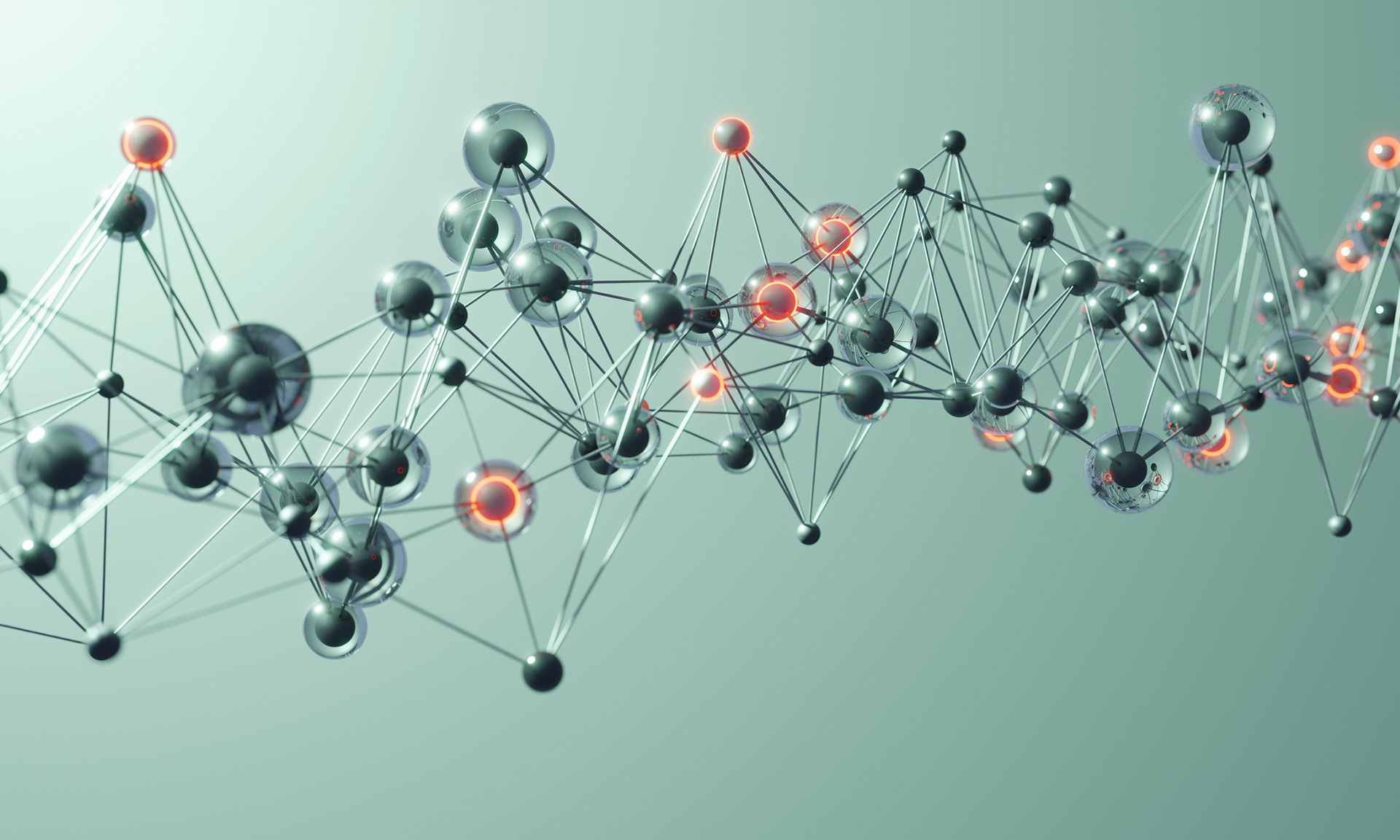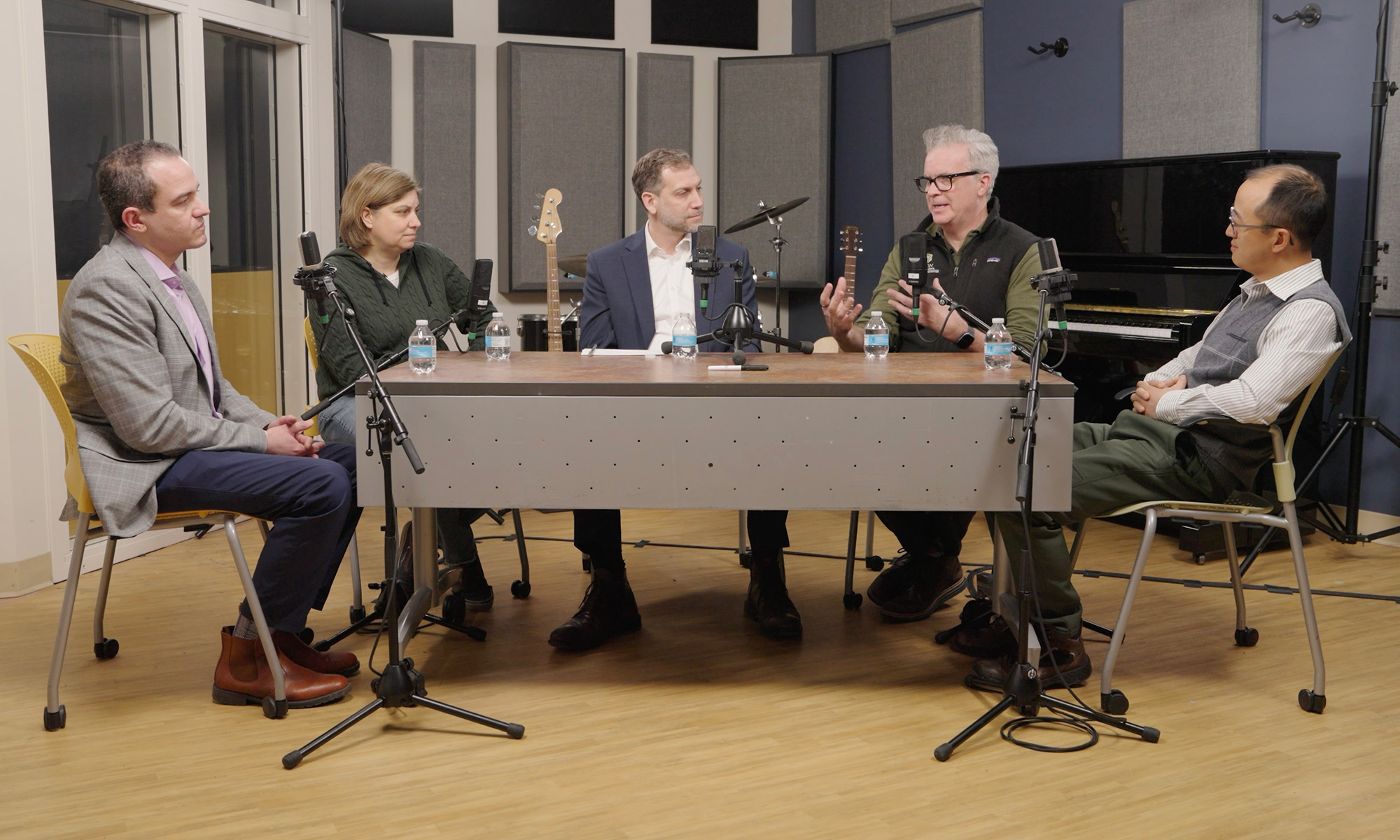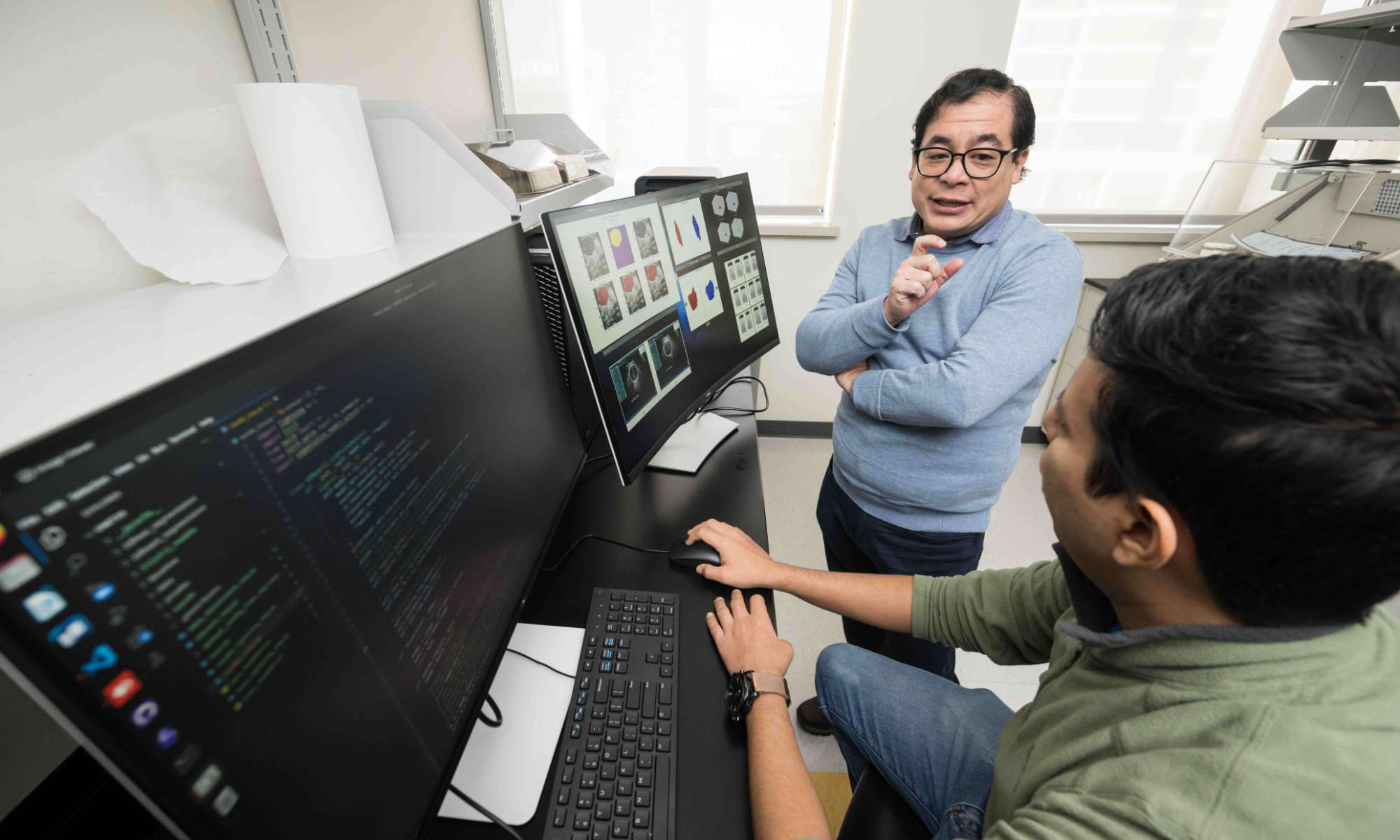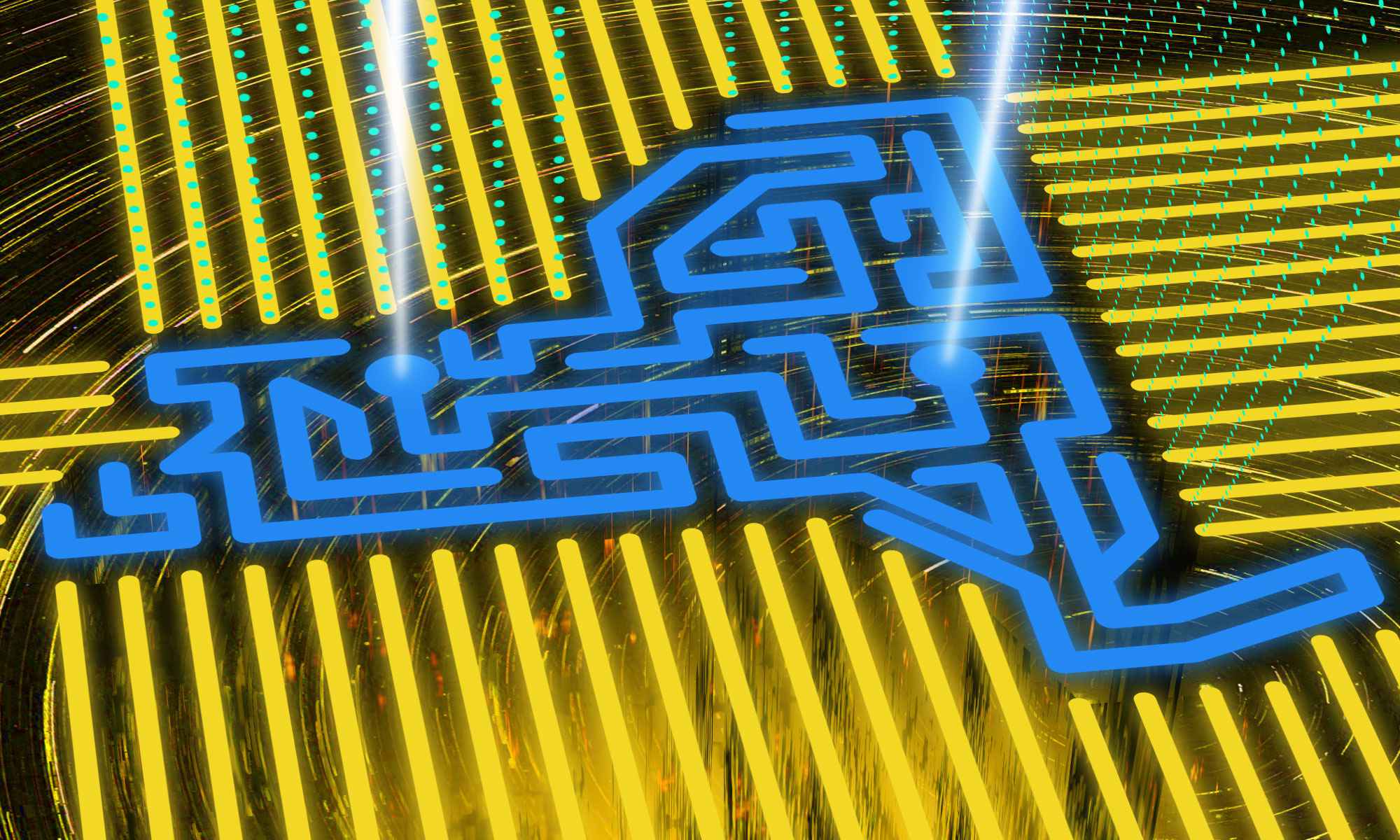
New method to study catalysts could lead to better batteries
A new algorithm opens the door for using artificial intelligence and machine learning to study the interactions that happen on the surface of materials.

How AI is transforming business, education, and the future of work
Rochester faculty discuss the impact of artificial intelligence on education and how harnessing AI is essential for future-proofing the workforce.

Text-to-video AI blossoms with new metamorphic video capabilities
Using time-lapse videos as training data, computer scientists have developed video generators that simulate the physical world more accurately.

Breathing life-saving services into rural communities
Professor Benjamín Castañeda ’09 (PhD) leads a global effort to meet critical needs for medical technology.

How artificial general intelligence could learn like a human
Computer scientist Christopher Kanan discusses AI, large language models, and the responsible use of artificial general intelligence.

University joins Empire AI Consortium to advance research and collaboration
Rochester brings expertise in artificial intelligence and cognitive science, machine learning, and high-performance computing to the consortium.

Amanda Stent ’01: Guiding the future of AI in industry and academia
The Head of AI Strategy & Research in the Office of the CTO at Bloomberg reflects on the state of artificial intelligence.

Three Rochester faculty members receive nation’s highest honor for early-career investigators
Ehsan Hoque, William Renninger, and Petros Tzeferacos have been named Presidential Early Career Award for Scientists and Engineers (PECASE) recipients.

Goergen Institute’s name change reflects University of Rochester’s artificial intelligence expertise
The newly retitled Goergen Institute for Data Science and Artificial Intelligence serves as an interdisciplinary hub of experts at Rochester.

Data science students help speed up Rochester Fire Department’s emergency responses
The students analyzed millions of data points to determine where to best place fire stations, fire trucks, and other resources.
